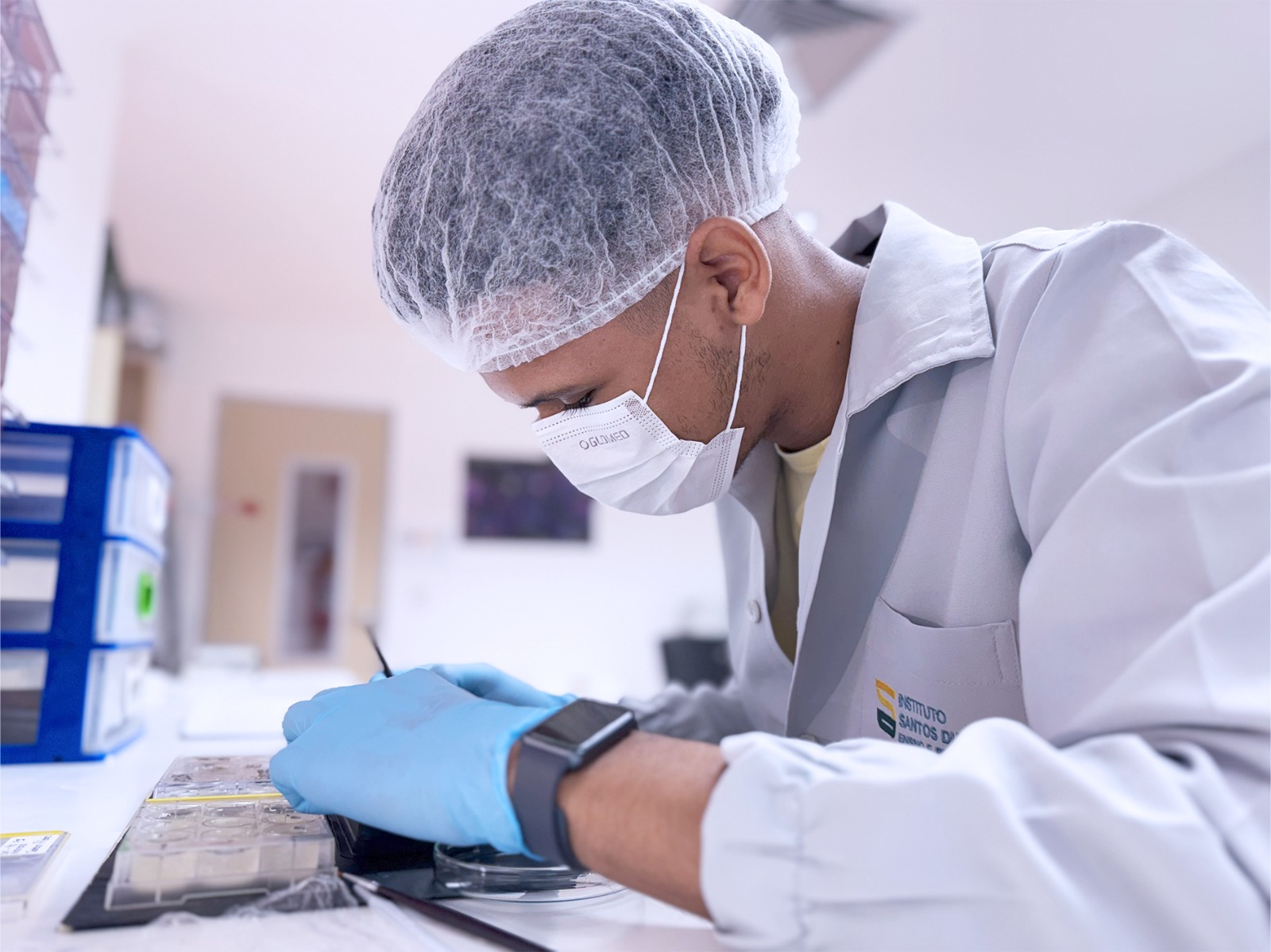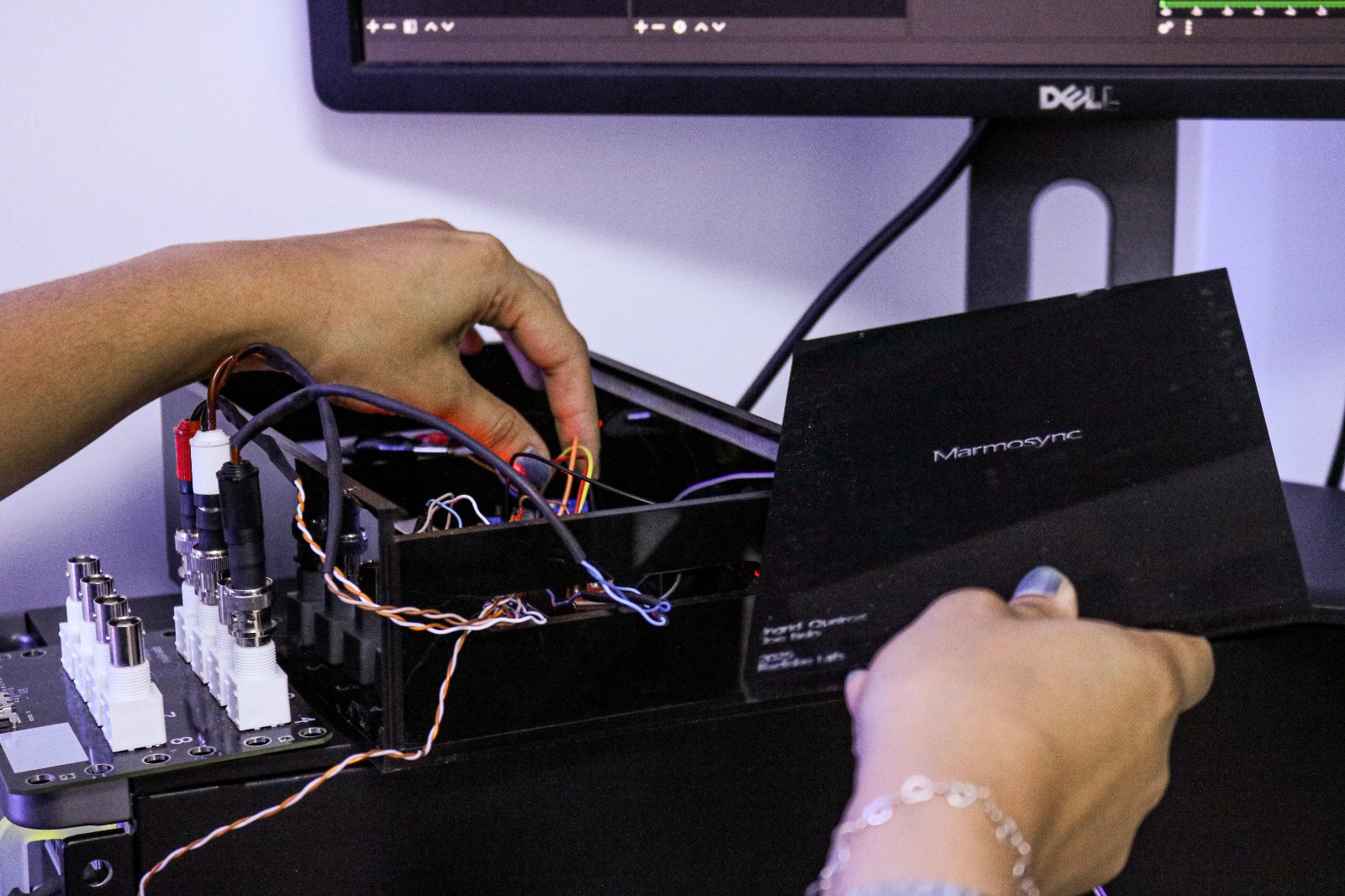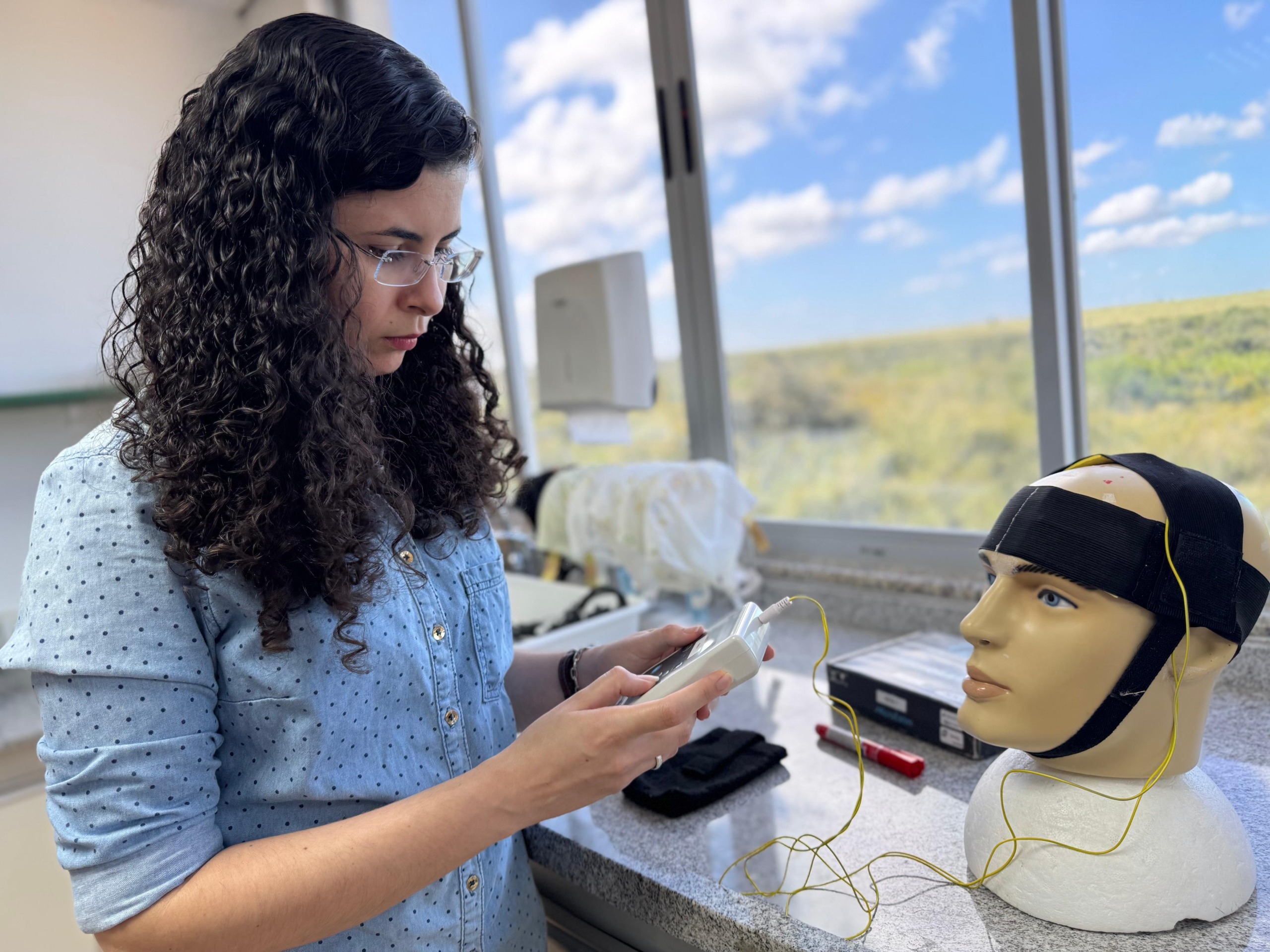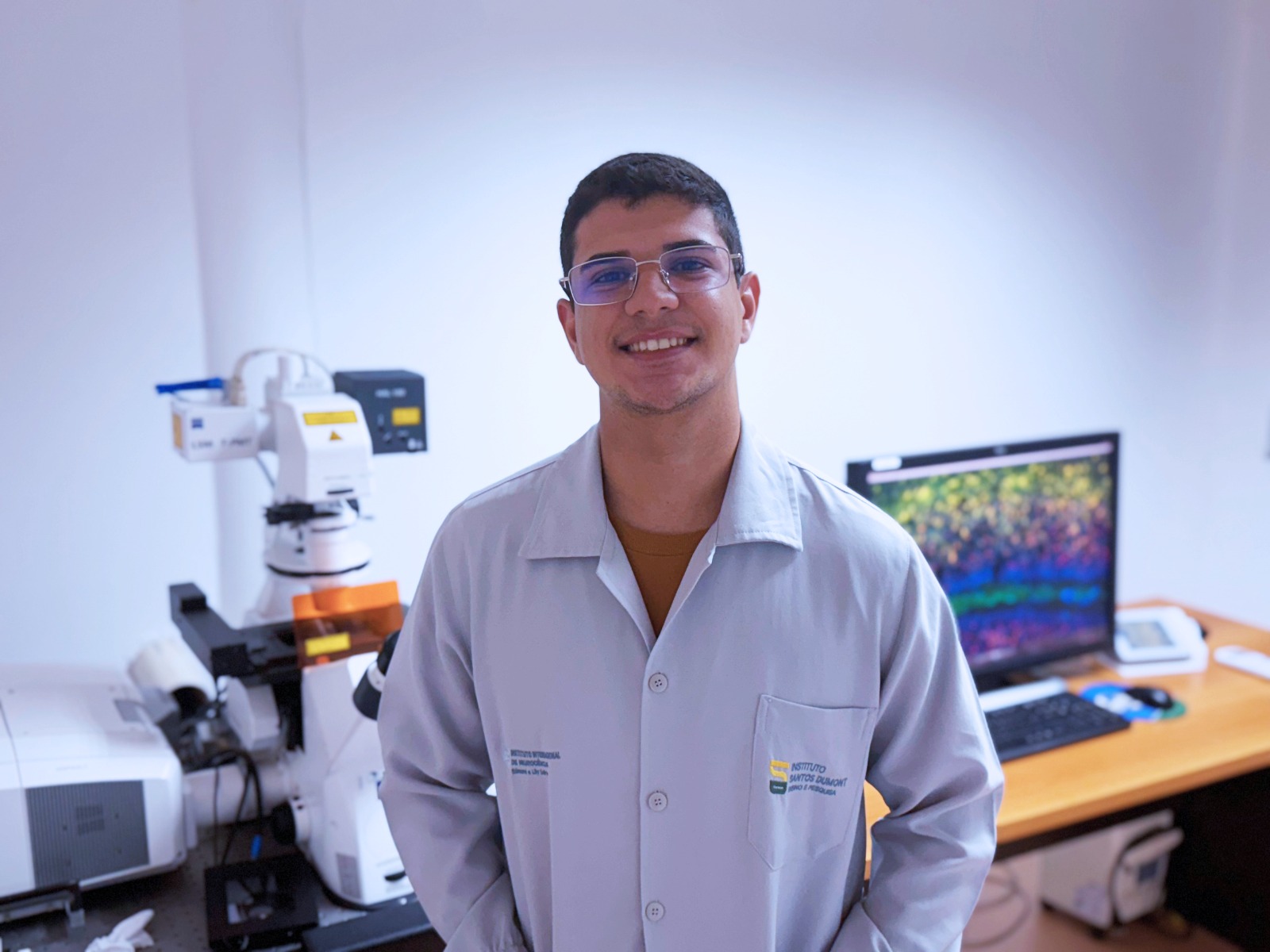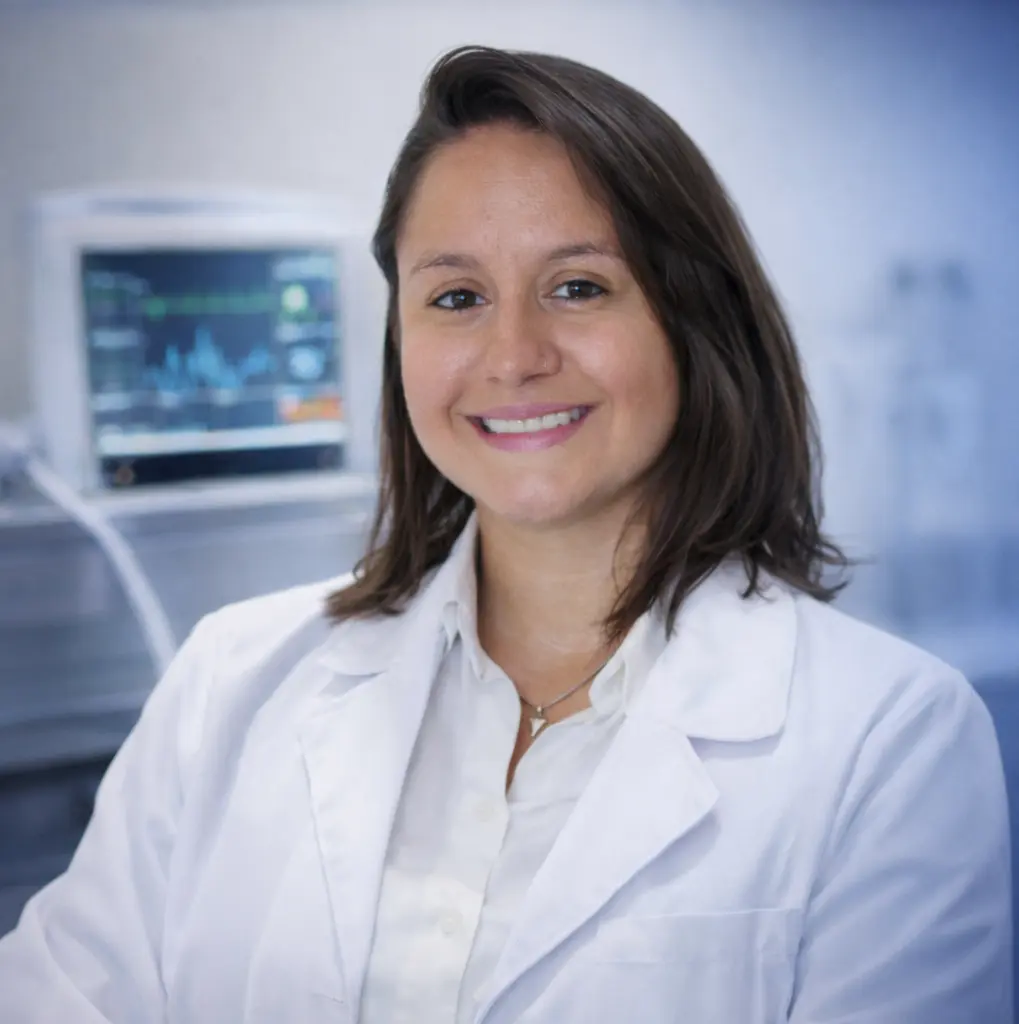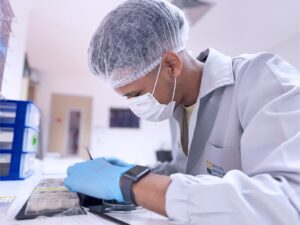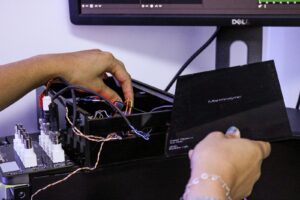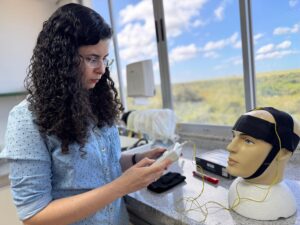Six projects by students, alumni and researchers from the Santos Dumont Institute (ISD) were approved in the first phase of the Centelha Program in the states of Rio Grande do Norte and Sergipe. The program will offer training, financial resources and support for those approved in the final phase, with those selected announced in the coming months.
The initiative is promoted by the Ministry of Science, Technology and Innovations (MCTI) and the Financier of Studies and Projects (Finep) in partnership with the National Council of State Foundations for Research Support (Confap), and the CERTI Foundation and, in Rio Grande do Norte, is carried out by the Rio Grande do Norte Micro and Small Business Support Service (SEBRAE). In Sergipe, the Program is implemented by the Foundation for Support to Research and Technological Innovation of the State of Sergipe (FAPITEC).
The projects of master's students in Neuroengineering Mário Ayres Diniz de Oliveira, Dayalla Marques de Paiva Almeida, Larissa Gabriely Nogueira Campos were approved. In addition to these, those of masters in Neuroengineering Mouhamed Zorkot, Maria Eduarda Franklin and Tâmara Luiz Gonçalves Magalhães Nunes and ISD research professor Fabrício Lima Brasil also passed.
The projects seek to develop solutions for various areas related to rehabilitation, health and virtual reality. One of these is that of the master's student in Neuroengineering Mário Ayres, who intends to develop a manual stand-up wheelchair with lower production and maintenance costs and lighter than those currently found on the market. “The innovation of the proposal lies in improving a product already on the market. It is expected that, due to greater ease of use, lighter weight and, mainly, lower cost, the solution will be able to achieve economically viable market penetration from a business point of view”, explains Mário, who has degrees in Mechanical Manufacturing and Administration.
“The chair we proposed is for daily use, at home and at work, and allows the person to get up, standing, whenever they wish for daily activities, enabling them, for example, to talk to people at the same height and also reach objects at high level. Obviously it can be used in physiotherapy clinics where the patient can carry out weight-bearing sessions, reducing the action of osteoporosis”, adds the master's student.
According to research professor Edgard Morya, who is part of one of the project teams approved in the notice, experience in this type of activity is relevant to the training process of students, who will have to go through the lectures and training seminars proposed by the Program, which will give them gives a broader view of how to transform scientific research into a product. “Even if they do not progress to the later stages, having access to training that provides this market and product perspective is essential for training professionals who can, in the future, create companies and startups in the areas of innovation and technology”, he states.
Text: Mariana Ceci / Ascom – ISD
Photograph: Mariana Ceci / Ascom – ISD
Communication Office
comunicacao@isd.org.br
(84) 99416-1880
Santos Dumont Institute (ISD)
It is a Social Organization linked to the Ministry of Education (MEC) and includes the Edmond and Lily Safra International Institute of Neurosciences and the Anita Garibaldi Health Education and Research Center, both in Macaíba. ISD's mission is to promote education for life, forming citizens through integrated teaching, research and extension actions, in addition to contributing to a fairer and more humane transformation of Brazilian social reality.




